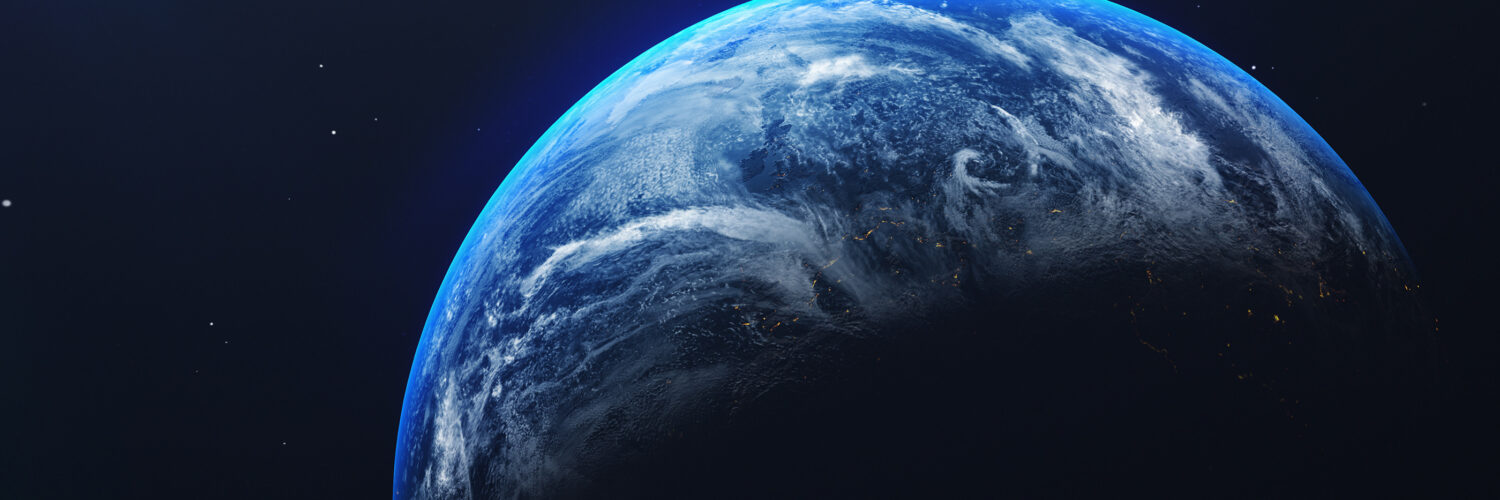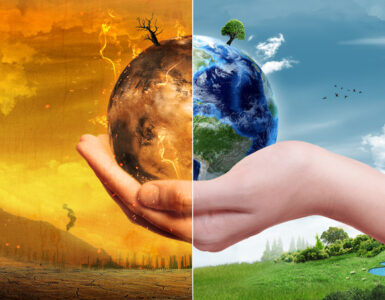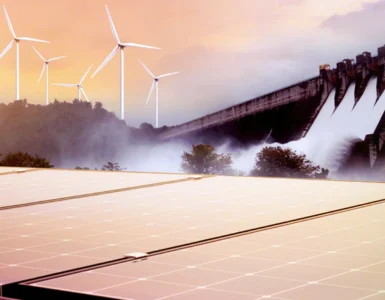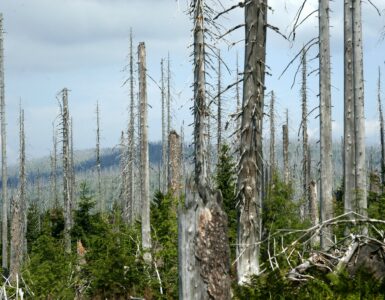Let’s take a step back and consider our 13.7 billion-year-old universe, home to an extraordinary planet that is about 4.5 billion years old: the Earth. Our planet, even from its infancy, has cradled countless species of life for almost 3.7 billion years. In its own time, Earth has experienced countless transformations, each leaving it more exquisite than before. Prior to the arrival of humans, every lifeform that dwelled here co-existed with the Earth, consuming what was necessary for survival and never exploiting the planet’s resources. This harmony between life and Earth is what has preserved its beauty for billions of years.
The Impact of Humanity
Humans first made their mark on Earth approximately two million years ago, and our reach has since expanded to nearly every corner of the planet. We’ve built civilizations in the harshest conditions, survived through diseases, wars, and disasters, and have always found ways to triumph over adversity. Our achievements are numerous: we’ve made astronomical leaps, landing on the moon, and we’ve made significant medical advancements, finding cures for deadly diseases. But these strides have often come at a significant cost to our environment. In our quest for progress, we’ve damaged ecosystems and caused harm to the planet that sustains us.
Once upon a time, the Amazon rainforest – the planet’s largest continuous patch of green, housed close to 390 billion trees. Now, each passing day sees almost 10,000 acres of this majestic forest disappearing. Our oceans, too, are in distress, filling up with pollutants, and witnessing the tragic decline of marine species. This is the bitter testament of humanity’s impact on Earth.
The Pressures of Overpopulation
The global human population, as of 2022, stands at an astonishing 8 billion. With each passing day, the question looms larger: how much more can our planet bear?
Population growth is already manifesting in the form of various challenges. In several African countries, issues like droughts, epidemics, food shortages, and unclean environments are on the rise. In places like Somalia and Nigeria, millions struggle daily to secure a single meal. Despite these grim realities, hope remains the beacon guiding us forward, encouraging us to envision a better, more peaceful future. But the real question is, what steps are we taking to secure that future?
The Pollution Crisis
Consider the average trip to the grocery store, which often ends with armfuls of plastic bags. Once home, these bags are quickly discarded, but where do they end up? Every year, a staggering 8 million tons of plastic finds its way into our oceans, leading to the contamination of marine life. This creates a vicious cycle of pollution, with impacts extending far beyond the oceans.
And our environmental recklessness doesn’t stop at the Earth’s atmosphere. As of 2022, more than 30,000 objects float aimlessly in space as debris. While it might not seem to affect our planet now, we could face severe consequences in the future.
Climate Change
Climate change, despite irrefutable evidence and the destruction of ecosystems, remains a topic of debate. The primary culprits – industrial and vehicle emissions – contribute to global warming, leading to the melting of ice caps and causing irreversible harm. Climate change is an indiscriminate foe, affecting every life form and steadily chipping away at the stability of our planet.
Conclusion
Earth, the nurturing host to billions of life forms over billions of years, is now calling for our help. It’s our duty to respond, to protect this remarkable planet. Each plastic bag avoided, every clean energy policy advocated, and each conscious step towards reducing our carbon footprint matters. The hope that drives us forward needs to be coupled with action, to ensure that Earth remains a thriving home for countless generations to come.





Add comment